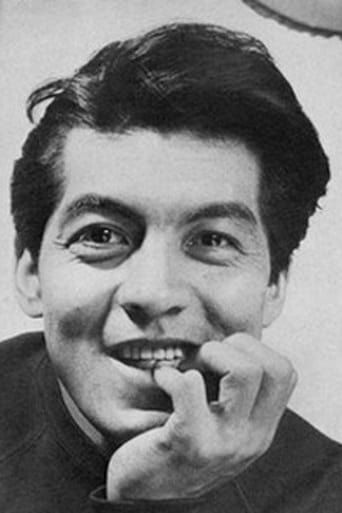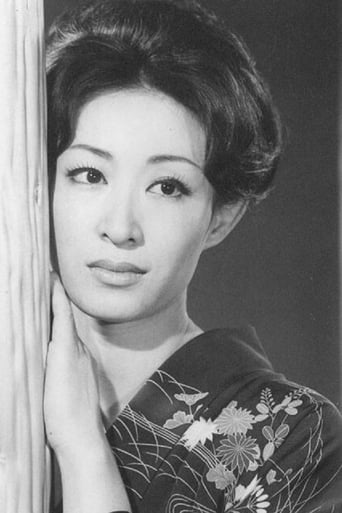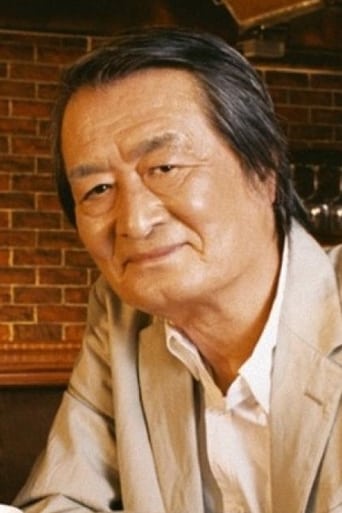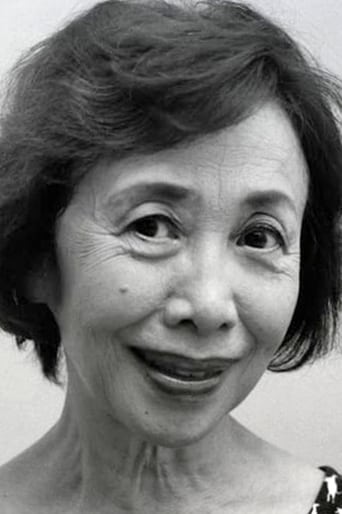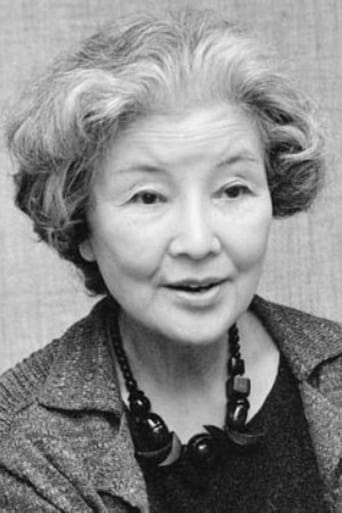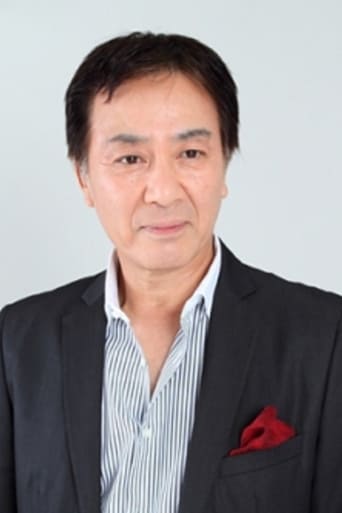Matrixiole
Simple and well acted, it has tension enough to knot the stomach.
Aubrey Hackett
While it is a pity that the story wasn't told with more visual finesse, this is trivial compared to our real-world problems. It takes a good movie to put that into perspective.
Sarita Rafferty
There are moments that feel comical, some horrific, and some downright inspiring but the tonal shifts hardly matter as the end results come to a film that's perfect for this time.
Staci Frederick
Blistering performances.
kurosawakira
Teshigahara is one of the many unsung heroes of cinema, his most famous work, "Women in the Dunes" (1964), a landmark of not only Japanese but world cinema, followed by other existentially and metaphysically audacious works."Rikyu" (1989), his second to last film, exists in a different world altogether. Gone is the hectic energy of the sixties, replaced by a meditative immersion in the small. As such, it's very much to my liking. What certainly helps is that I love matcha, that I know Teshigahara and have some knowledge of ikebana and the way of tea.At IMDb, it's only received 427 votes as of 31 December 2015, albeit with a rather high 7.4 average. Despite this I've not found much love for Rikyu elsewhere. It's often dismissed as late Teshigahara, where "late" signifies similar insubstantiality as in "late Welles". (The opinion according to which Welles made one great film and others only of some worth seems to be the prevalent opinion in the mainstream.) But I love it dearly. It's unassuming, exactly the kind of film that embodies Rikyu's first of seven rules of chanoyu, the ritual we know as the tea ceremony: "arrange the flowers as they grow in the fields." Teshigahara's eye for such radical simplicity is pointed out in the film by the Portuguese missionary, who marvels at the Japanese way of leaving blank space in their paintings. When there's space, there's also remarkable focus but such that doesn't suffocate.A few words should be said about the acting. I've been an avid admirer of Mikuni Rentarô ever since he and I crossed paths in Imamura's seminal works "Profound Desires of the Gods" (1968) and "Vengeance is Mine" (1979). His Rikyu is exquisite: introverted, priestly and ritualistically deliberate, yet all the same a deeply passionate and feeling individual. This powerful dualism between introverted and extroverted is emphasized by the lord's exuberance, but also in the moments Of Rikyu's agitation.And then there's Yamazaki Tsutomu. His Toyotomi is a force of nature, a delight one moment, a terrifying blast of thunder the next. He's a towering, tragic figure. His expression as the plan of poisoning is introduced to Rikyu in the meeting is the iconic moment for me, an image so strong I'm bound never forget, a moment of multiform emotions, a roll of waves.The rest of the cast shines, too, without exception. Not only are they superb artists, but much of this owes to a masterful director. Takemitsu, an artist in his craft equal to Teshigahara and Rikyu, makes the air tingle with his music.When this is available in HD in an English-friendly edition, let me know. I'll be forever grateful.
David
Without knowing much of the history, I found this to be very absorbing - slow tempo or not - and Teshigahara's understated style is perfect. The performances (especially the title character) are top-notch, and the heavily detailed sets are stunning.That noted, the DVD available in the US is one of the worst I've ever seen - the pan-and-scan, along with butchering Teshigahara's marvelous compositions, also renders the subtitles unintelligible in spots, and they disappear in brightly lit scenes. The DVD picture quality is grainy, washed-out and blurry, and several weird cuts (especially the scene in which Stefano leaves) betray a transfer from a hastily (or sloppily) edited source. The film is great enough that I'd encourage a viewing, but beware that (if you watch the DVD) that the quality will be atrocious.
VANCELEE
i remember seeing "woman of the dunes" and pleasantly enjoyed it, this movie probably made in the director's waning years felt like drinking soapy water. it probably has some similarity with kubrick's earlier work and "eyes wide shut", altho eyes wide shut was still a decent movie.i read that there was some comparisons with "a man for all seasons" but here the drama is so watered down that i was getting very angry. the characters are not developed, and i really didnt learn anything. if i had to watch it again it would take me at least ten expressos.
stan-74
This is a very Japanese and Zen Buddhist film. The observations are almost painfully clear and intense, there is great attention to detail, it is highly ritualized and formal, and moves very slowly. To be appreciated, it must be viewed as a totality, rather than as a linear story with a beginning and an end. It is a snapshot stretched over 2 hours, and very much "there". It's a lot like a Zen garden, and most Americans will probably find it boring, but if you're into the peculiar Japanese view of time, it's such a beautiful film, it almost hurts.

